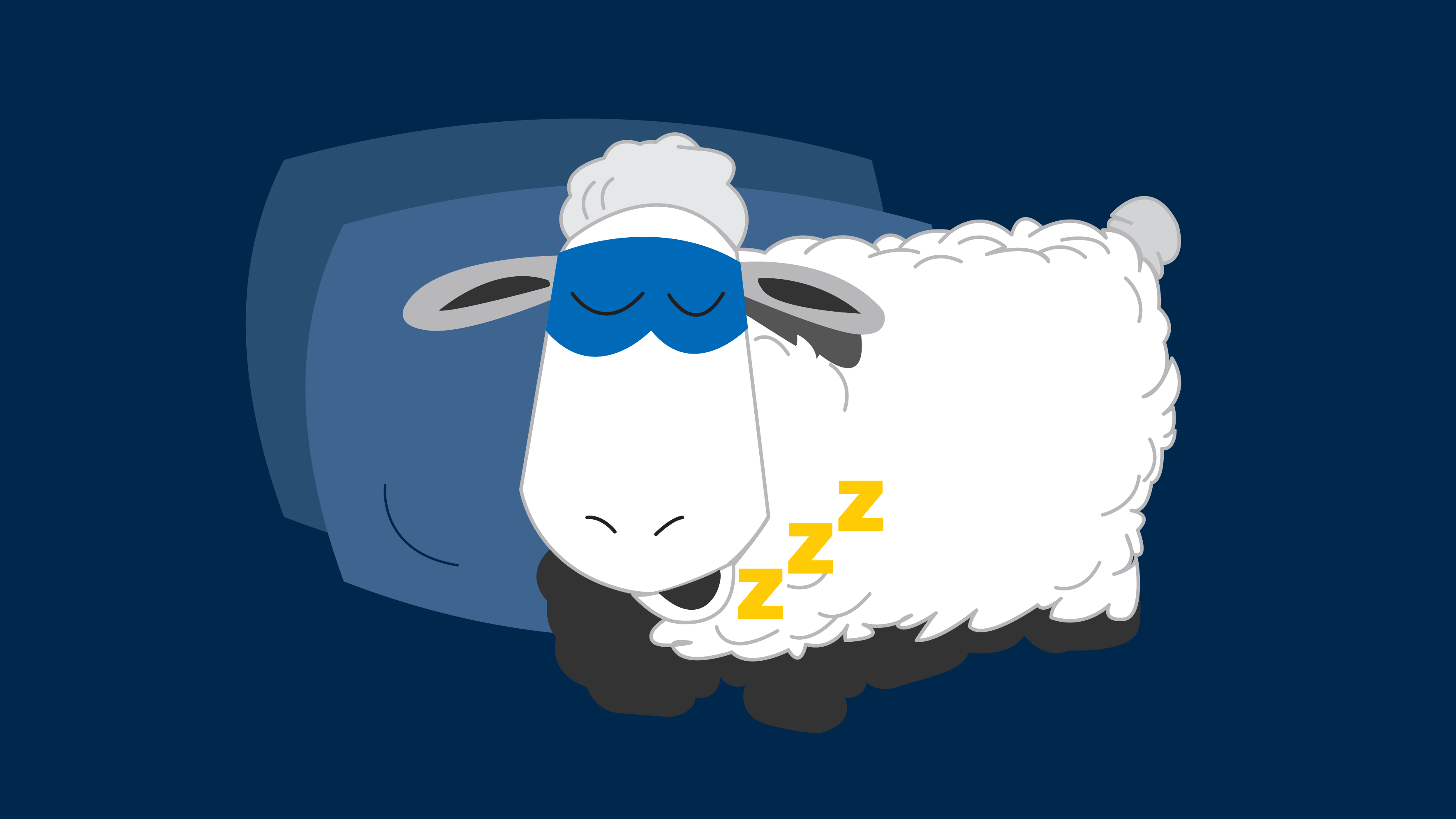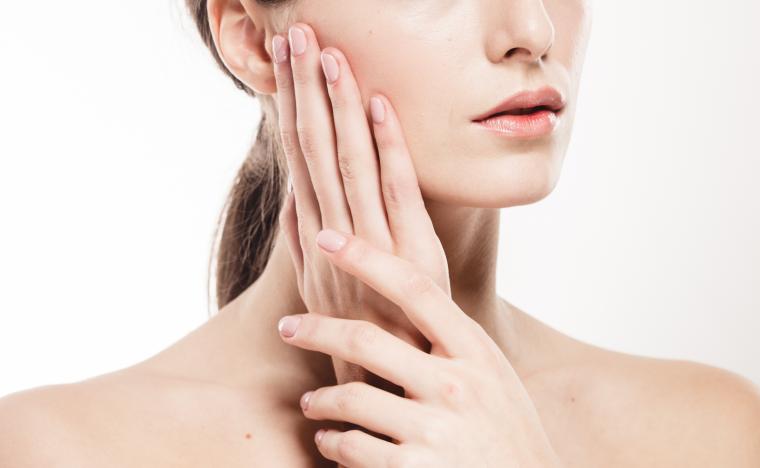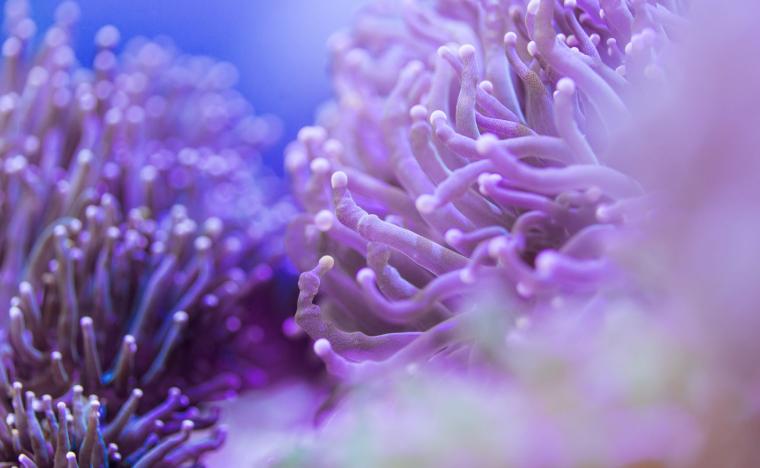8 things to better sleep
Sleep is your life-support system and Mother Nature's best effort yet at immortality, says sleep scientist Matt Walker. He must know – his TED talk has been selected as No 1 2019 Ted Talk (7.8 mio views.)
Over the past few decades, both sleep quality and quantity has declined. In fact, many people regularly get poor sleep. We all know that a well-rested body corresponds to a well-rested mind. If you want to optimize your health or lose weight, then getting a good night's sleep is one of the most important things you can do.
Here are 8 tips to sleep better at night:
- Try to go to sleep and wake up at consistent times. Being consistent with your sleep and waking times can aid long-term sleep quality, and after a few weeks you probably won’t even need an alarm clock anymore. Also, it is advisable to not take a nap during the day or only a temporary nap of 10 minutes.
- Avoid blue light. The blue light emitted by computers as well as TV or mobile phones seems to inhibit the production of melatonin, the natural hormone that controls the day-night rhythm. When the sun goes down, the organism releases this sleep hormone so that we become tired. If you look at your mobile phone even briefly at night, you will upset your sleep hormones. The result: difficulty falling asleep and restless sleep. Doctors therefore advise not to use the mobile phone for at least two hours before going to bed.
- Optimize your bedroom environment: This includes factors like temperature, noise, external lights and furniture arrangement. Try to minimize external noise, light and artificial lights from devices like alarm clocks. Make sure your bedroom is a quiet, relaxing, clean and enjoyable place. The ideal temperature for sleeping is around 16 to 18 degrees only, so keep your bedroom cool.
- Don't eat late in the evening. Late night meals may negatively impact both sleep quality and the natural release of HGH and melatonin. The same applies for alcohol consumption. Also caffeine should be avoided late in the day.
- Exercise regularly — but not before bed. Exercise is one of the best science-backed ways to improve your sleep and health. But as it has a stimulatory effect, performing it too late in the day may cause sleep problems.
- Get a relaxing routine: Many people have a pre-sleep routine that helps them relax. Strategies include listening to relaxing music, reading a book, taking a hot bath, meditating, deep breathing and visualization.
- Prepare for sleeping: Tea with certain medicinal plants (valerian, balm) calms the nerves. But try not to drink any fluids 1–2 hours before going to bed.
- Increase bright light exposure during the day: Natural sunlight or bright light during the day helps keep your circadian rhythm healthy. This improves daytime energy, as well as nighttime sleep quality and duration. Daily sunlight or artificial bright light can improve sleep quality and duration, especially if you have severe sleep issues or insomnia.









